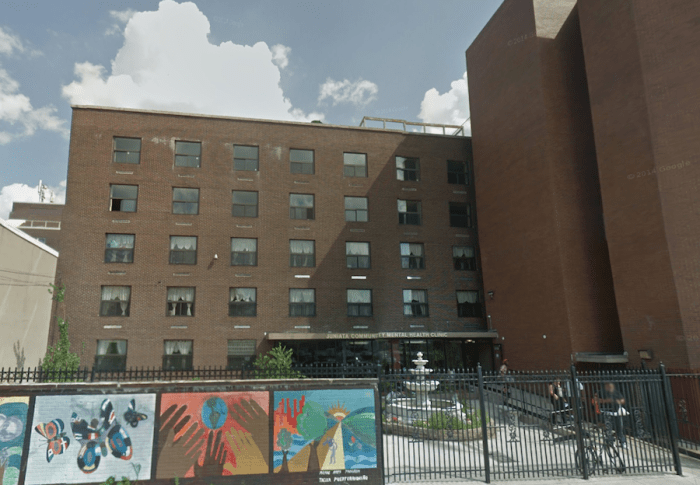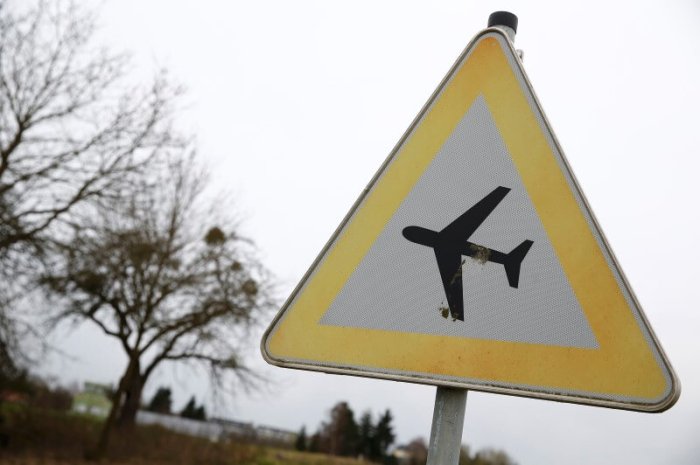President Donald Trump’s new travel ban could mean a loss of healthcare providers in some the country’s poorest areas.
There are 7,000 doctors from Iran, Libya, Somalia, Sudan, Syria and Yemen — the six countries targeted in Trump’s new executive order — who work in the United States. Collectively, they keep more than 14 million doctor appointments annually, 2 million of which are kept in areas facing doctor shortages, according to a report by the Boston-based Immigrant Doctors Project. “These doctors are helping Americans in rural areas and inmedically underserved areas — like some parts of the Rust Belt and Appalachia — livehealthier and moreproductive lives,” said Mitra Akhtari, one of the team of 10 Harvard and MIT researcherswho spent the last three weeks working to produce the analysis. “Thesedoctors have been making critical contributions as health care professionals inour communities. We are hopeful that this new analysis will showanothercritical role immigrants play in the fabric of our country.” Though immigrant doctors might not be expelled as a result of Turmp’s new travel ban, they could be impeded from leaving the U.S. to visit family because they might not be allowed to return — forcing doctors to choose between their families and the place they’ve made home. “Limiting visas for citizensof these countries makes it harder for these doctors to live andwork in theUnited States, and shuts out the next generation of doctors who want to comeand serve communities in America,” Akhtari said. Along with the Rust Belt and Appalachia, the areas withthe highest concentration of doctors from these countries are Michigan, Ohio, Pennsylvania and WestVirginia. This amounts to 1.2million patient-visits per year in Michigan; 880,000 in Ohio; 700,000 inPennsylvania; and 210,000 in West Virginia. “This study illustrates the high toll that Trump administration policies extract in terms of human lives,” said Carol Rose, executive director of ACLU of Massachusetts. “The health of our nation, and particularly ourhardest-hit communities, relies on America remaining a global beacon of liberty. It’s how we attract the best talent from around the world to come to our shores, our mountains, and our ruralcommunities.” As it challenged the earlier travel ban, Rose said, the ACLU would challenge this executive order, which it called “unconstitutional as a matter of law and inhumane to millions of people who live in underserved communities acrossAmerica.”


















